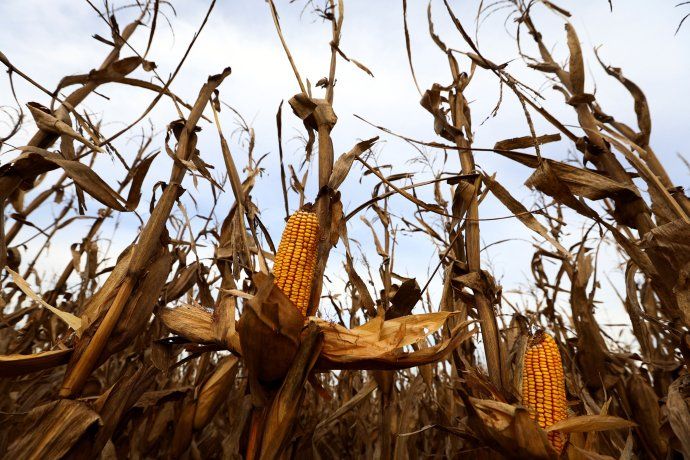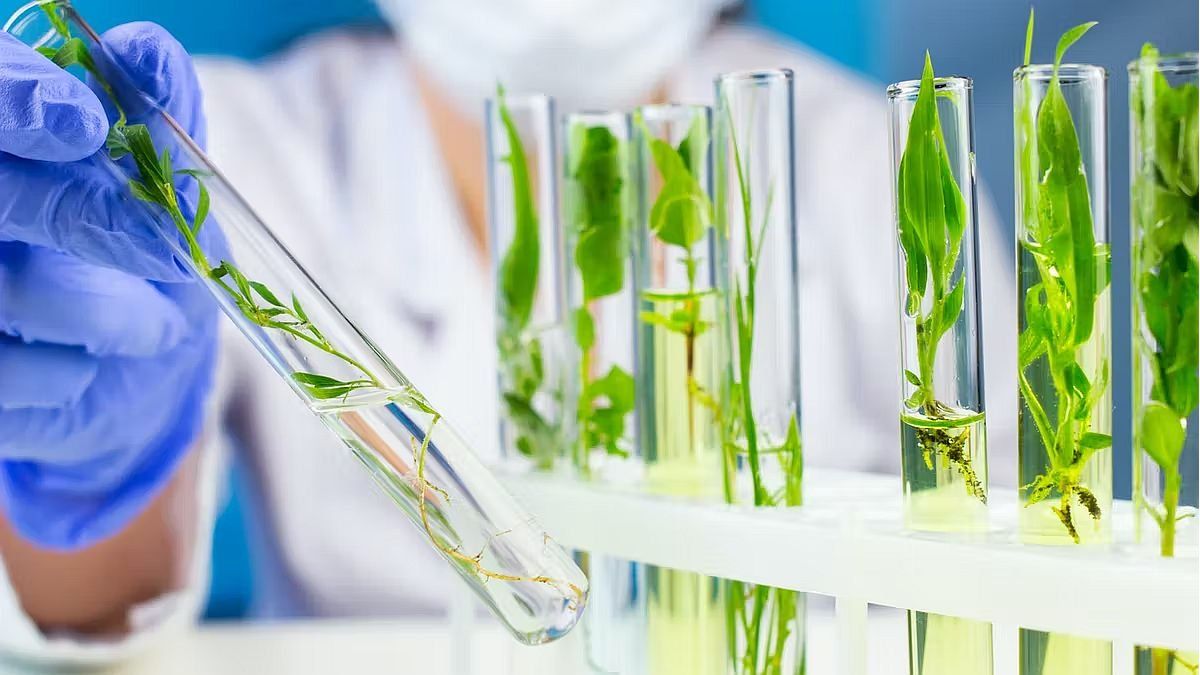The approval of these new varieties of biotechnological corn reinforces the productive capacity of Argentine agriculture, while guaranteeing food and environmental security.
The national government, within the framework of its policies to strengthen Argentine producers, authorized two new varieties of biotechnological corn, developed by the private sector. As Ámbito anticipated, the Undersecretary of Agricultural and Forestry Production granted the company Corteva Seeds Argentina SRL. for the commercialization of a genetically modified corn, which contains the DP-91Ø521-2 event, which gives it protection against certain lepidopteran insects and tolerance to the herbicide glufosinate ammonium.
The content you want to access is exclusive to subscribers.
These varieties have resistance to herbicides and insects, which will help producers improve their agricultural campaigns and increase production both for the local market and for export.


The details of the provisions
Provisions 25/2024 and 31/2024 of the Secretariat of Agriculture, Livestock and Fisheries of the Ministry of Economy, detail that these varieties are resistant to certain lepidopteran insects and herbicides such as glyphosate and glufosinate ammonium.
The approval was made after the analysis of the National Advisory Commission for Agricultural Biotechnology (CONABIA), an internationally recognized organization, which evaluated the documentation of the developing companies. In addition, SENASA confirmed that these varieties are safe for human and animal consumption, without putting food safety or the environment at risk.
leafhopper corn

The approval was made after the analysis of the National Advisory Commission for Agricultural Biotechnology.
Reuters
What is the process followed for this authorization?
- Application: The company Corteva Seeds Argentina submitted a formal request to obtain marketing authorization.
- Assessment: Different government agencies, such as the National Advisory Commission for Agricultural Biotechnology (CONABIA) and the National Agri-Food Health and Quality Service (SENASA), evaluated the data presented by the company.
- Technical opinion: Various technical opinions were prepared, considering aspects such as food safety, environmental impact and commercial implications.
- Public consultation: A public consultation period was opened so that any interested party could submit their comments on the authorization.
- Final decision: After analyzing all the information collected, the resolution was issued authorizing the commercialization of GM corn.
Source: Ambito
I am a 24-year-old writer and journalist who has been working in the news industry for the past two years. I write primarily about market news, so if you’re looking for insights into what’s going on in the stock market or economic indicators, you’ve come to the right place. I also dabble in writing articles on lifestyle trends and pop culture news.




